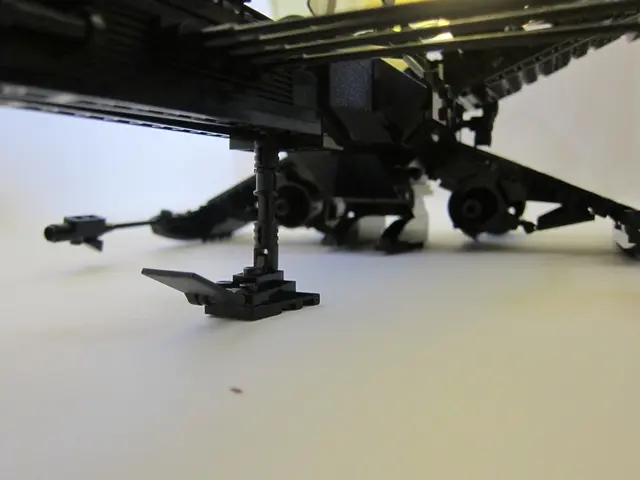Canary Deployment & Testing: Modernizing CI/CD Integration
A recent Forrester report underscores a significant productivity challenge in software development: 74% of respondents believe enhancing developer experience can drive productivity, particularly by addressing broken test environments. The traditional 'test' stage in the CI/CD pipeline often causes pain and needs a modern successor.
In the classical CI/CD process, there's often a dedicated integration phase where various components or microservices are combined and tested together. This phase can be lengthy, error-prone, and delay deployments. However, there are modern solutions to this issue.
Canary Deployment and developer canary testing are two key methods to avoid the classic integration phase and enable quick, efficient validation of new features/releases. Canary Deployment involves rolling out a new release or feature to a small, controlled group of users or services, allowing real-time observation of behavior and stability without risking the entire system.
Developer canary testing takes this principle a step further by enabling developers to test their changes in a pre-production staging environment that mirrors the production system. This provides fast feedback for developers without waiting for the classic integration phase.
Here's how it works: Short-lived staging environments are automatically created for each pull request or feature branch, integrated with external services, and allow immediate testing with real or simulated data. If issues arise, the system can quickly roll back without affecting the entire production system.
Benefits include reduced wait times, early error detection, faster time-to-production, and better isolation of errors. Technologies like service mesh (Istio), feature flags (LaunchDarkly, Unleash), infrastructure-as-code (Terraform), and CI/CD tools (Jenkins, GitHub Actions) support this approach.
In practice, this means understanding integration not as a phase but as a continuous, automated process throughout the DevOps lifecycle, driven by fast feedback cycles, risk minimization, and continuous validation.
Canary Deployment and developer canary testing are the modern successors to the broken 'integration test' stage, designed for the realities of distributed systems. By adopting this model, the CI/CD pipeline becomes a lean, fast engine for code integration, while complex integration testing moves to a framework built for distributed systems. Solutions like Signadot are making this approach accessible to teams of all sizes, enabling massive, concurrent validation with perfect isolation in a single, high-fidelity pre-production environment.








